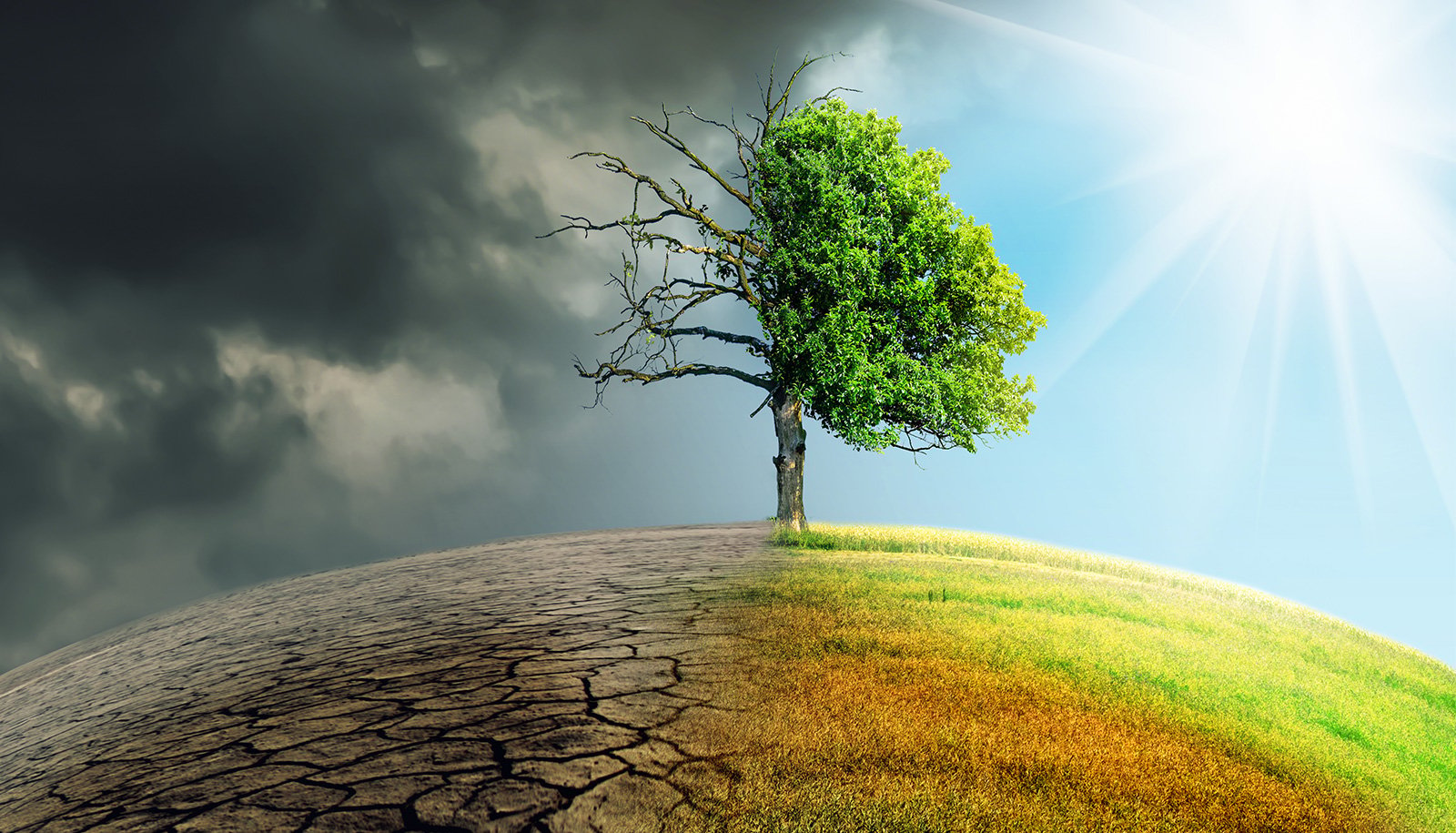Climate change has been a topic of discussion for decades. Rising temperatures and unpredictable weather patterns are expected to significantly impact many aspects of our lives.
One affected area you may not expect is homeowners insurance. As extreme weather events become more frequent, homeowners must be prepared for increased premiums and potential changes to coverage. In this post, we’ll explore how climate change may impact your homeowners insurance and what steps you can take to protect your home.
HOW DOES CLIMATE CHANGE AFFECT THE INSURANCE INDUSTRY?
There will be some obvious and not-so-obvious climate change effects on the insurance industry. These effects are:
Increased premiums: As the frequency and severity of natural disasters increase, so does insurance claims’ cost. Insurers will probably pass on these costs to policyholders as higher premiums. This could be incredibly impactful for areas prone to hurricanes, flooding, and wildfires. Many insurers will also be more selective about the homes they cover, making it harder for some homeowners to secure insurance. An article by The Ascent alarmed us that “homeowners insurance premiums may increase 5.3% per year through 2040 because of climate change.”Changes to coverage: As insurers face increased costs, they may look for ways to limit their risk exposure. Some insurers may change their policies to exclude certain types of damage, such as flood or wind damage.
Alternatively, they may increase deductibles to offset costs. Homeowners may need to purchase additional coverage or consider alternative insurers if their current policy is no longer adequate.
Loss of property value: Climate change can also impact property values, especially in areas at high risk of natural disasters. The potential for costly insurance premiums may deter buyers seeking more resilient properties. This could cause a decline in demand and a loss of property value for homeowners.Increased risk management: To mitigate the impact of climate change on their homes, homeowners must reduce risk. This can include fortifying the roof, installing storm shutters, and elevating the house to avoid flooding. By investing in risk reduction measures, homeowners might reduce their insurance premiums and protect their homes from damage.
Importance of preparedness: Finally, homeowners need to be prepared for the worst. This means having a plan for evacuations and knowing how to adequately protect their property in the event of a natural disaster. By staying informed and having a plan, homeowners can reduce the impact of climate change on their homes and finances.
WHAT’S CONSIDERED “AN ACT OF GOD” & THE IMPACT OF CLIMATE CHANGE ON INSURANCE?
Homeowners insurance policies typically include coverage for “acts of God” events. This term refers to natural disasters or catastrophes beyond human control, such as tornadoes, hurricanes, wildfires, and earthquakes.
Since these events aren’t preventable, insurance companies are expected to cover the damages caused by them. However, what happens when climate change makes those natural disasters and catastrophic events more frequent and severe?
How Climate Change Will Affect Insurance Carriers
For many insurance companies, the physical risks of climate change could significantly threaten their business models. With more extreme weather events causing more significant damage to communities and infrastructure, the costs of insuring homes against natural disasters could increase drastically.
This could lead some insurers to reconsider their underwriting processes, including assessing risks, setting premiums, and determining coverage limits.
Changes to Insurance Coverage
Climate change could also affect the events considered “acts of God” in homeowners insurance. For example, extreme weather events such as floods, storm surges, and windstorms could become so commonplace that they’re no longer considered exceptional events, but rather something that homeowners should expect and prepare for.
Insurers could, therefore, exclude such weather events from their standard policies, forcing homeowners to take out additional coverage or seek alternative risk management strategies.
Climate Change & Flood Insurance
Climate change has a considerable impact on flood insurance, creating a significant challenge for homeowners and insurance providers alike. Warming temperatures and rising sea levels are leading to more severe weather events, such as hurricanes and extreme rainfall, increasing the likelihood of floods.
These changes cause a considerable strain on the financial resources of insurance providers, causing them to raise premiums, reduce coverage, or even withdraw from certain areas. As a result, homeowners will find it more challenging to get or afford insurance coverage.
As the effects of climate change continue to be felt, the need for innovative solutions that can ensure adequate coverage while reducing risk will become increasingly critical. In this complex and evolving landscape, it’s crucial to stay on top of the latest developments in climate change and resulting insurance changes to make informed decisions. However, by taking steps to mitigate risk, invest in additional coverage, and stay informed, homeowners can protect their homes and finances in the face of climate change.
If you need help finding the best homeowners insurance coverage for the best price, start by speaking to a SimplyIOA agent at 833.872.4467 or get a homeowners insurance quote online now.










